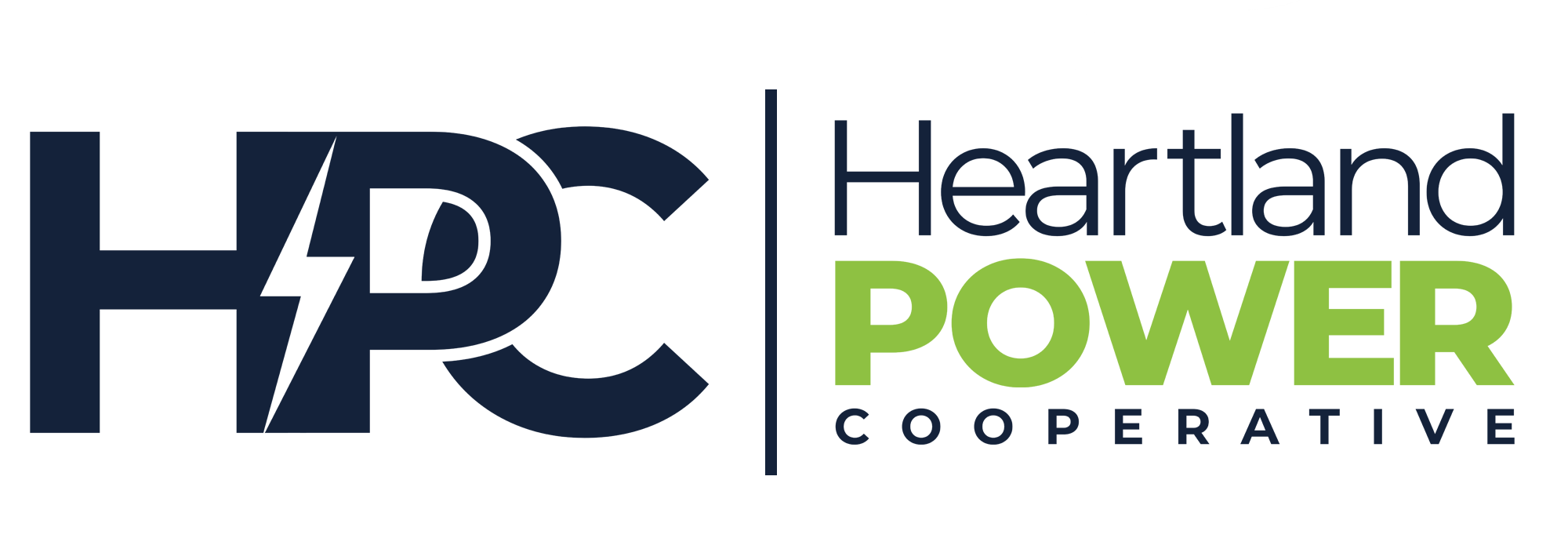Locating Underground Facilities?
For all "utility owned facilities" you should contact Iowa One Call 1-800-292-8989 or 811 at least 48 hours prior to all excavation.
Visit www.iowaonecall.com for more information.
"Homeowners often make risky assumptions about whether or not they should get their utility lines marked, but every digging job requires a call—even small projects like planting trees and shrubs."
If you hit an underground utility line while digging, you can harm yourself or those around you, disrupt service to an entire neighborhood and potentially be responsible for fines and repair costs.
For "customer owned facilities" you should contact Consolidated Utilities Services Inc. These are the underground electric lines that members have that run on the "member side" of the electric meter such as the underground wiring to your buildings that are not covered by utilities or Iowa One Call.
Since customer owned or "private lines" will not be located from Iowa One Call, please contact Consolidated Utilities Services Inc. to have your private lines located. Consolidated Utilities Services Inc. can be reached at 515-745-3866.
A special rate has been established for Heartland Power customers. Please call before you dig. Please call 515-745-3866 and be sure to state that you are a Heartland Power customer to receive the special HPC rate.
Iowa One Call is a statewide program where utilities mark the location of underground lines to avoid accidents. The number is toll-free: 1-800-292-8989; and you must call at least two days before you begin digging. Iowa One Call is the result of a 1993 law that was designed to protect both the digger and the utility. Under the law, people who want to dig - from planting to construction - must call at least 48 hours before work begins. The One Call system monitors the calls and notifies utilities. If a utility has an underground line in the area where digging is to take place, it must mark that area.
Iowa One Call offers two exceptions to the rule. If you have a garden that you work in year after year, there's no need to check with One Call before starting this spring's planting. (If you're digging a new plot, however, you must place the call.)
Another exception is for farmers who are conducting normal operations such as plowing, cultivating, planting and harvesting. Farmers do not need to call unless they expect to dig deeper than 15 inches into the soil. If you are in any doubt about whether there are utility lines buried where you plan to dig, call Iowa One Call toll-free: 1-800-292-8989. When calling Iowa One Call, please have the following information ready:
- County, city, street name, address or township and section number.
- Caller's phone number (very important).
- Date and time the work will be done.
- Details of how the area is to be marked and what type of work will be done.
Location Accuracy Is Important
One of the most common mistakes is when excavators identify their location as being within city limits, when they are actually in a township in the county.
This sometimes happens because the mailing address includes the name of the nearest city. Please determine whether your excavation is within city limits or an unincorporated township before you phone in your request. If a locate is called in incorrectly, we may not be notified.
Iowa One Call will give you a list of all utilities they will notify and a locate request number. Please keep this information until your excavating project is complete and all locates are done. If Iowa One Call does not tell you they will notify Heartland Power Cooperative, please ask and then call us at 641.584.2251 or 800.349.2832.
If you have an emergency situation, please inform Iowa One Call with the details. An emergency situation is when locates are needed immediately (in less than 48 hours). The following are considered emergency situations:
- An unforeseen excavation is necessary to prevent a condition that poses clear and immediate danger to life/and or health.
- An excavation required to repair a utility service outage.
- An immediate excavation required in order to prevent significant property/environmental damage.
